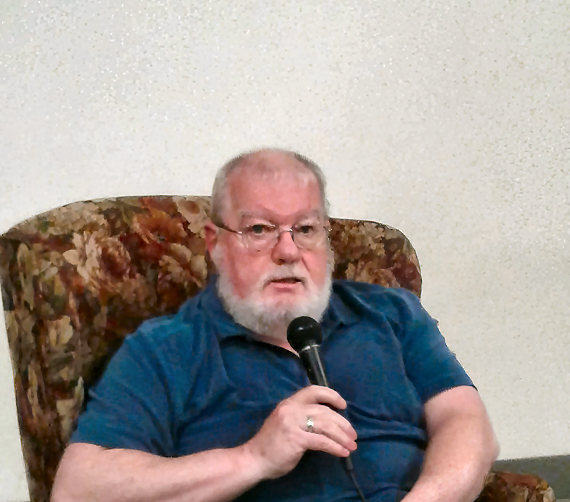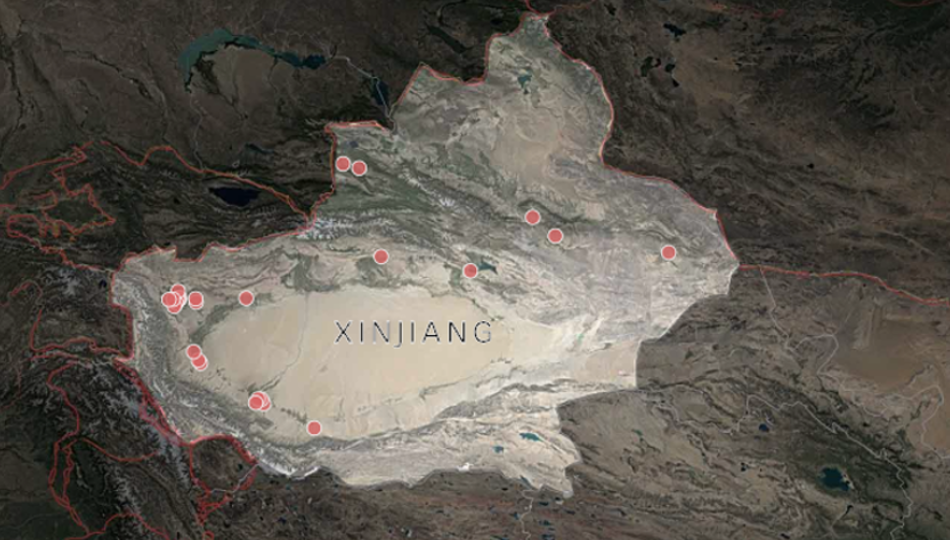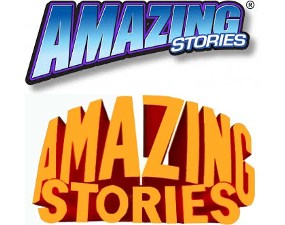It is clear that book marketing has changed radically over the past several decades. This is not all that surprising considering how much the entire publishing industry has changed during that time.
Publishers have had to pull back from their broad embrace of the midlist; promotion is now largely reserved for the Best Seller category, advances have shrunk, genre work acceptances are being confined to narrowly defined marketing niches, self-publishers increasingly vie for attention and AI-generated texts loom threateningly on the horizon.
Fortunately, there is hope. I have a solution, and I’m going to give it to you right here.
Robert Heinlein once famously identified the market niche for genre fiction by stating that authors were competing for reader’s beer money. Their disposable income for entertainment. Authors are not competing with each other, but with the films, television shows, beer at the bar, a friendly poker game, a night on the town, that new game.
Those competing products have largely adopted modern marketing strategies, realized through such things as consolidation, vertical integration and near-monopolization, all of which have increasingly forced authors to compete not only with those other forms of casual entertainment, but with each other.
Authors need to fight back and counter this. Fortunately, it will be a lot easier than anyone realizes. All it will take is one simple change:
Every genre author needs to publish under the same name.
Yeah, I know. Not only does that sound completely ridiculous, but its an affront to authorial sensibilities. At least half of the reason authors write is because they’ve got something to say and they want everyone to know who is saying it.
Sorry, but that’s old school thinking. These days it’s not about the ideas, its about the dollars. It’s about the numbers, market share and profit. The New York Times does not publish a weekly Best Ideas or Most Artistic column. It publishes a Best Sellers list. The advances some authors are fortunate to receive are not based on what the critics have to say, but on how many units the author’s last book moved. Bidding for a book now has more to do with how many followers a new author already brings to the table than it does with their style, their concepts, their writing, their art.
And when you compete in a market where an AI can emulate any author’s style, the cachet of that name begins to seriously diminish.
Le Guin told us. Fiction is now a commodity. If you want to be successful, you need to start thinking less like some kind of artiste and more like that person obsessively following pork belly futures on the Chicago Mercantile Exchange.
That success begins with consolidation. Capturing the lion’s share of the market. Individual author’s don’t have the wherewithal to buy up the Big Five Four Three publishers and huge handful’s of specialty imprints, so they’ll have to take another route – by controlling the SOURCE of the commodity those “manufacturers” and “distributors” rely on. Just like the Robber Barons of old and the social networking platforms of today. Stop trying to buy up all of the railroads. Instead, control the coal and the steel those railroads need to do anything. Take a page from the DeBeers Diamonds Cartel’s book (see what I did there?): control the supply and everyone will have to pay whatever price you ask.
Capturing that market won’t take billions. All it will take is one simple change. Everyone adopts the same nom de guerre (ain’t language wonderful?) and establishes a unified front.
A lot of things would happen near-instantaneously as a result. First, AI’s predictive nature would be stymied, if not entirely borked. With tens of thousands of authors publishing under the same name, there’s no way to identify any one particular style. Individual readers will still be able to – they’re humans – but the machines will not be able to distinguish sufficiently. After studying all of the works of an individual author, predicting what their next word would be in a sentence is fairly easy. Doing so for every author? Near impossible.
No more complaints about marketing budgets either. Obviously, the initial response by publishers will be to withhold all marketing dollars from genre fiction. That’ll work for about fifteen seconds. Or maybe it will take them a bit longer to realize that doing so means they’re not marketing anything. Not their break out best sellers, not the 18th book in that once popular series, not the film and TV tie-ins.
What they’ll have to do is market that nom de guerre as a brand of its own. A global genre fiction brand. Kind of like James Patterson’s marketing, but bigger. Which means that any dollars spent on those promotions and marketing is a dollar spent on every author. That nationally broadcast television commercial for “Nom de Guerre’s latest title”? It may not be the title you wrote, but all of your titles have that same author’s name adorning their cover. The cover that is shelved in bookstores and listed online along with that latest one. The one that your title appears under in the “If you liked this, you’ll probably like these others” lists. And “your” name appears on every single Best Seller’s list published anywhere. Always.
Sure. The publishers will shift to emphasizing title. But that’s easily countered with just a couple of modifications to the contract. At the least, the author’s name gets equal billing with the title on the cover, if not a greater presence. What are they going to do, stop buying genre fiction?
And let’s face it. With publisher’s increasing reliance on trying to channel consumers into purchasing niches, this tactic is pretty much what they are already trying to do themselves anyway – Franchise. It would be like a frozen hamburger manufacturer cornering the market on frozen meat disks. EVERY fast food chain would be selling the same meat-like product. And at a certain point, every fast food joint would be forced into adding “Meat Like Frozen Disk Consortium Brand Burgers Sold Here!” to their marquees and menus. Who cares if the consumer has no choice? You’d get your dollars. (What movie theater chain doesn’t advertise MCU films?)
I mean, in this world, what’s more important? Seeing your actual name on the cover of a book and getting a royalty check for 26 pennies once a quarter (followed by an email that since your sales are down, your series is being discontinued), or getting a royalty check for 260,000 pennies?
You’ll still know who wrote that book. Your friends will still know. Readers in the know will know. (Though it will be necessary in the beginning to keep circumspect about that. Don’t worry: genre fiction’s following has a very robust whisper campaign, one that is not easily consolidated by AI, or the Big Five Four Three publishers for that matter. And, as such things go, once this becomes the norm in the market place, once authors are earning more (and controlling more of their destiny), the boasting about pennies will simply drown out the need to boast about any individual work. Social networking commentary will focus on an individual author’s place on the weekly “Nom de Guerre”‘s Top Earners List, and, really, what’s more important than dollars earned? Art? Don’t make me laugh.
There are of course, numerous other consequences to be experienced. Take conventions. There will be a HUGE savings on name badges – they only need to mass produce one. Or take websites and web traffic: with every author’s web page funneling into the Nom de Guerre’s author site, its traffic will compete effectively with any of the social networks, commanding the highest pay-per-click rate imaginable. The leverage this will provide authors in any negotiation is huge!
Think about the time savings that will accrue to librarians and book store clerks! The need to know how to alphabetize will be almost entirely eliminated. Students writing school papers won’t have to remember the name of the author they’re citing. Magazines won’t have to cover up great cover art with text listing all of the authors. Events can advertise the same headliner, and even do so on the same day! There’ll be no more arguing or angst about how many names to stick on a Hugo Award!
You’ll note from the title of this piece that I’ve already started the ball rolling. Let’s get to work!










